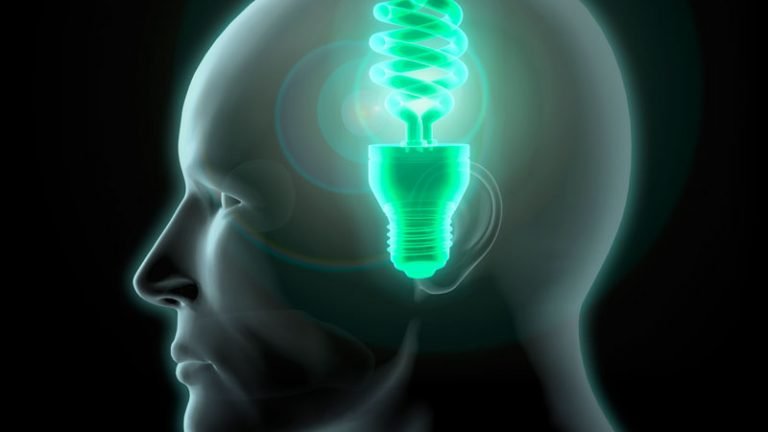Taken from the Princeton WordNet Search, a mental association is “The state of being connected together as in memory or imagination.” Another way to describe an association is a connection between one object or idea and another object or idea.
This article explores some examples of mental associations we can make and how we can use mental associations to improve the quality of our everyday lives.
Throughout our lives we have made many mental associations without even really realizing it. We unconsciously associate two or more ideas and objects together based on the unique experiences that we have had.
Example of an Unconscious Mental Association:
If your family owns a vicious dog while you are growing up, unless you are exposed to a number of friendly dogs along the way, you will probably grow up to associate dogs with fear or another similar emotion.
This particular association happens to be a long term association that developed over the course of years. We also develop short terms associations over the course of weeks or even days. The associations we make help shape the perspective we have of the world around us.
Mental associations don’t always have to be unconscious. We can consciously shape the associations that we develop.
Example of a Conscious Mental Association:
The time right before I go to bed always seems to be the time that I remember things that I need to do the next day. I remember that I have to mail a bill payment or buy milk- something simple like that. Instead of getting a piece of paper and writing myself a note, I grab the closest object in my room- anything that I will see before leaving the house the next day and I quickly think to myself, “When I see this object tomorrow morning I will remember that I have to pay my bill.”
If I repeat the thought over in my head for 15-20 seconds and place the object in a location where I will see it the next morning, I will remember to pay the bill. Try it for yourself!
The more often you make conscious mental connections, the more easily you will be able to make them in the future. You can use this concept to help accomplish tasks in your everyday life.
You can also discover mental associations that you have unconsciously made throughout your life and try to alter them if desired. In psychological terms this process is known as systematic desensitization, defined by the American Psychological Association as “A behavioral therapy technique in which a client is taught to prevent the arousal of anxiety by confronting the feared stimulus while relaxed.”
Example of Systematic Desensitization:
Your significant other really wants you to go sky diving with him or her but you fell from a ladder when you were young so you now associate heights with pain and fear.
To reconfigure this association you need to associate height with something positive. Start rebuilding the association from the bottom up- literally and figuratively in this example. Try jumping off a pool diving board at first. Once you feel comfortable at that height try going down a water slide at theme park. As you slowly associate heights with enjoyment and accomplishment your brain will no longer have as strong of an association between heights and fear. By using this strategy you can overcome certain fears that you have developed throughout your life.
The power of our brains is immense and we often don’t realize how much influence we can have on its functionality. The power of mental association is one example of a skill that often times goes unnoticed in our daily routines but, when used deliberately, can help increase the quality of our lives.
If you enjoyed this article you may also want to take a look at my article, 5 Ways to Obtain More Time.






